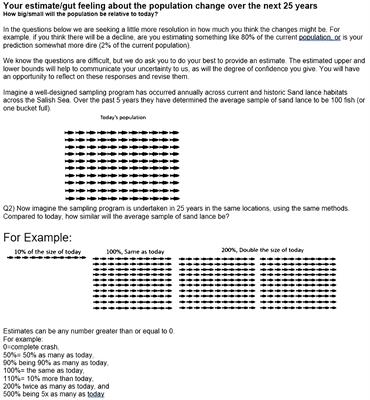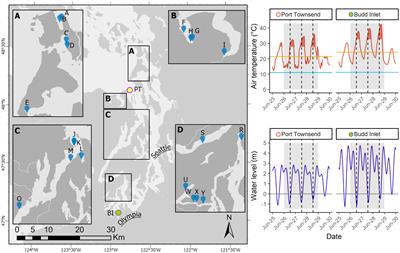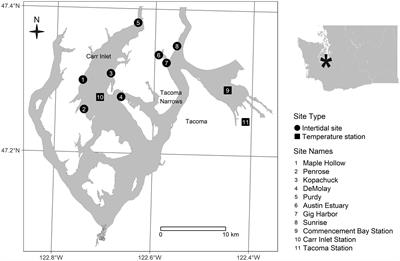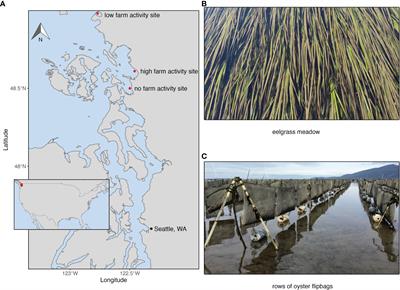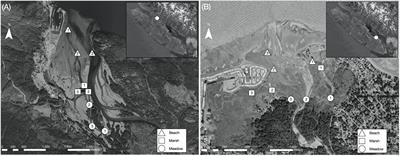ORIGINAL RESEARCH
Published on 26 Mar 2025
Tracking two invasions for the cost of one: opportunistically tracking the range expansion of non-native Palaemon macrodactylus in the Salish Sea through participatory science
doi 10.3389/fmars.2025.1553583
- 424 views
